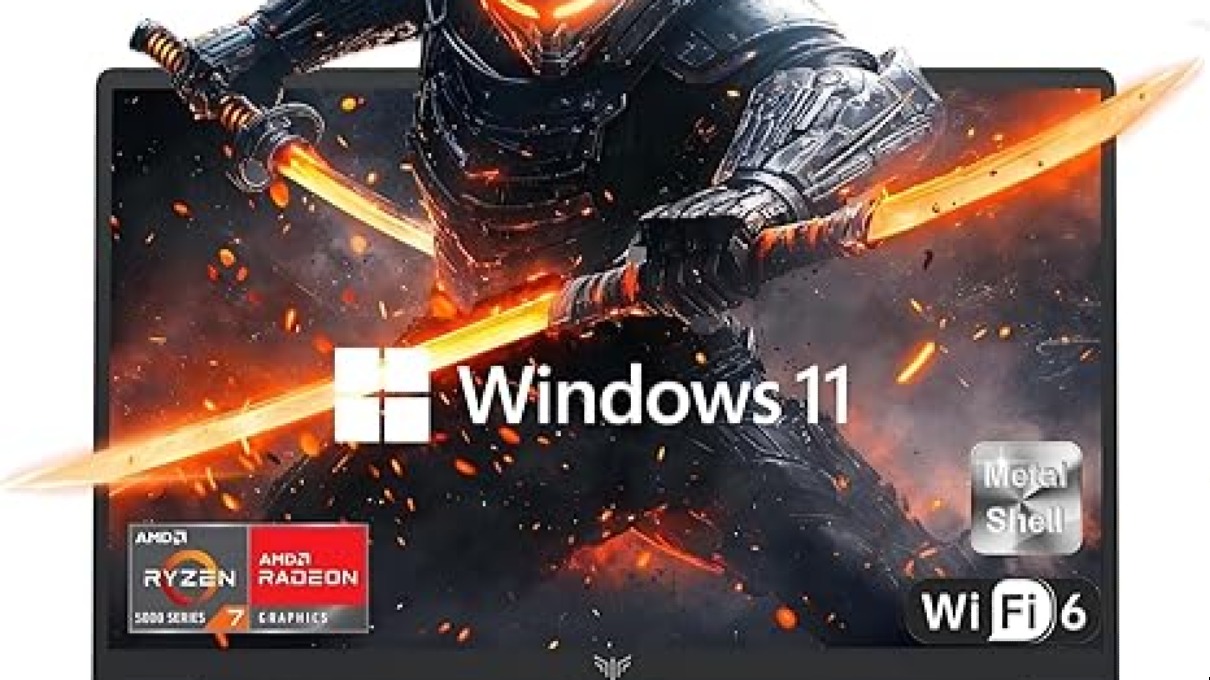Introduction
Games and entertainment have always been integral to human culture, providing an escape from routine, fostering creativity, and bringing people together. From traditional board games to cutting-edge video games, the industry continues to evolve, offering something for everyone.
But games aren’t just about fun—they can improve critical thinking, teamwork, and even mental health. In this blog, we’ll explore the benefits of gaming, tips for a balanced approach to entertainment, and trends shaping the industry. Whether you’re a casual gamer or a dedicated enthusiast, there’s plenty to discover.
1. The Benefits of Gaming
Gaming has transcended its reputation as mere pastime. It offers cognitive, social, and emotional benefits when approached mindfully.
Cognitive Benefits
-
Improves Problem-Solving: Many games involve puzzles, challenges, and strategies that require critical thinking. For example, puzzle games like Portal or strategy titles like Civilization demand creative problem-solving.
-
Enhances Memory and Focus: Role-playing games (RPGs) often require tracking multiple storylines, character stats, and objectives, boosting memory and attention.
-
Quick Decision-Making: Action games such as Call of Duty or Fortnite improve reflexes and the ability to make split-second decisions.
Social Benefits
-
Fostering Teamwork: Multiplayer games like League of Legends or Among Us encourage collaboration and communication.
-
Building Connections: Gaming communities provide opportunities to connect with like-minded people. Platforms like Discord and Twitch have become hubs for shared interests.
-
Bridging Gaps: Games transcend cultural, geographical, and language barriers, fostering inclusivity.
Emotional Benefits
-
Stress Relief: Immersive games can serve as a mental break from stress, promoting relaxation.
-
Building Resilience: Overcoming challenges in games builds perseverance and a positive attitude toward failure.
-
Boosting Creativity: Games like Minecraft or The Sims inspire players to design, create, and innovate.
2. Balancing Games and Life
While gaming offers numerous benefits, maintaining a healthy balance is essential. Excessive playtime can lead to burnout or affect other areas of life.
Set Boundaries
-
Schedule Playtime: Allocate specific hours for gaming to ensure it doesn’t interfere with work, studies, or family time.
-
Take Breaks: Follow the 20-20-20 rule: every 20 minutes, look at something 20 feet away for 20 seconds to reduce eye strain.
-
Limit Screen Time: Use apps or settings to monitor and manage time spent gaming.
Explore Other Activities
Balance gaming with other hobbies:
- Physical exercise, like hiking or sports, counteracts sedentary gaming sessions.
- Reading or music complements the creative stimulation gaming provides.
Prioritize Wellness
- Stay Hydrated and Active: Keep water nearby and stretch during breaks to avoid fatigue.
- Sleep Well: Avoid late-night gaming to maintain a healthy sleep schedule.
3. Emerging Trends in Gaming and Entertainment
The gaming and entertainment industries are rapidly evolving, driven by technology and changing consumer preferences.
1. Virtual Reality (VR) and Augmented Reality (AR)
VR and AR are redefining immersive experiences. Games like Beat Saber and Pokémon GO use these technologies to blend physical and digital worlds. Future advancements will make VR and AR more accessible, enhancing realism and engagement.
2. Cloud Gaming
Platforms like Google Stadia, Xbox Cloud Gaming, and NVIDIA GeForce Now allow users to stream games without expensive hardware. This trend makes gaming more accessible and portable.
3. Esports and Competitive Gaming
Esports has grown into a billion-dollar industry, with games like League of Legends, Valorant, and CS:GO leading the way. Competitive gaming offers professional opportunities, scholarships, and a massive fan base.
4. Cross-Platform Play
Games like Fortnite and Minecraft allow players on different devices to play together, fostering inclusivity and connecting diverse audiences.
5. Indie Game Renaissance
Indie games, developed by small studios, are thriving thanks to platforms like Steam and itch.io. Titles like Hollow Knight and Stardew Valley highlight unique storytelling and innovative gameplay, offering a fresh alternative to blockbuster games.
6. Gamification Beyond Entertainment
The principles of gaming are being applied in education, fitness, and corporate training. Apps like Duolingo (language learning) and Zombies, Run! (fitness) use gamification to motivate users.
4. Choosing the Right Games
With countless options available, finding the right games for your interests and goals can be overwhelming. Here are tips to make informed choices.
Consider Your Preferences
- Story vs. Gameplay: If you enjoy storytelling, try RPGs like The Witcher 3. If fast-paced action is your style, go for first-person shooters like Doom Eternal.
- Solo vs. Social: Decide whether you prefer single-player immersion or multiplayer interactions.
Look for Age-Appropriate Games
Parents should research content ratings (e.g., ESRB or PEGI) to ensure games are suitable for their children. Look for educational or family-friendly games like Mario Kart or Animal Crossing.
Explore Free and Affordable Options
Gaming doesn’t have to be expensive:
- Check out free-to-play games like Apex Legends or Genshin Impact.
- Look for discounts on platforms like Steam or Epic Games Store.
Experiment with Genres
Step out of your comfort zone and try different genres. You might discover new favorites, whether it’s survival horror (Resident Evil), simulation (Cities: Skylines), or rhythm games (Just Dance).
5. Gaming as a Career
For those passionate about games, turning gaming into a career is an exciting prospect. Here are some potential paths:
Game Development
- Learn coding languages like C++ or Python and software like Unity or Unreal Engine.
- Specialize in roles like game design, programming, or art.
Streaming and Content Creation
Platforms like Twitch and YouTube allow gamers to monetize their hobby through streaming, tutorials, or gameplay videos. Success requires consistency, quality content, and audience engagement.
Esports Player or Coach
For skilled players, esports offers professional competition. Alternatively, coaching roles focus on guiding teams to success.
Gaming Journalism or Critique
Writing for gaming websites, blogs, or magazines combines a love for games with storytelling and analysis.
Conclusion
Games and entertainment are more than just distractions—they’re tools for growth, creativity, and connection. By understanding their benefits, exploring trends, and maintaining balance, you can maximize the joy and value they bring to your life.
Whether you’re exploring the depths of a fantasy world, collaborating in a multiplayer quest, or chasing high scores, gaming offers endless possibilities. So, dive in, have fun, and remember: moderation and intention are key to a fulfilling gaming experience.



